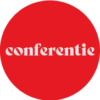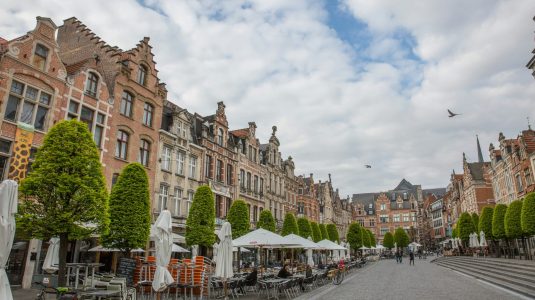European Investigative Journalism Conference 2008
Workshop: Wobbing Europe
Speaker: Brigitte Alfter
Date: 21 november 2008
Reporter: Arno Kersten
A Dutch word is squeezing itself into English vocabulary: to wob. Wobbing refers to ‘wob’, short for ‘Wet Openbaarheid van Bestuur’, which is the freedom of information act. So Wobbing in journalism slang means: using a freedom of information act to get access to documents.
It’s an often slow and not always satisfying process in most European countries. No wonder people sometimes ask German born reporter Brigitte Alfter: ‘Why do you wob the EU? It’s such a hassle and you get so little out of it!’
Alfter, editor of the website Wobbing Europe, scratches her head after raising the question herself. Damn, they’ve got a point, don’t they?
Well, no, she responds. Digging up previously unpublished documents through freedom of information legislation gives you the edge with whatever story you’re working on.
“Getting new information, you have your own story. With that story you can contribute to the agenda in stead of just following it”, says Alfter.
Based in Copenhagen, Denmark, the experienced EU correspondent herself is certainly no stranger to the subject. Just a few years back, in 2006, Alfter had the honour of sharing an Award from Investigative Reporters and Editors (IRE), a highly regarded non profit organization dedicated to improving the quality of investigative journalism.
The jury praised Farmsubsidy.org, a crossborder investigation into farm subsidies countries receive from the European Union. Using the freedom of information acts in many countries, Alfter and cooperating colleagues forged an overview that showed dark sides previously unexposed.
It also illustrated how European countries differ in sharing public information with the public.
“I had to fight for one and a half year to get the data of Denmark out”, says Alfter.
Take for instance the introduction of transparancy legislation. In Sweden it dates back to a constitutional status in 1766, the US in 1966, Denmark 1985, EU 2001, Britain 2005, Germany 2006.
How different is the formal approach in a country like Germany to the informal setting of Sweden, where you pick up the phone and call a government official to discuss your request.
In the end, using freedom of information acts is always useful. “Wobbing is a tool for public scrutiny”, says Alfter. “It’s the right you have and you should use it.”
Even if it’s an often slow and not always satisfying process, it’s still worth a go.
The information obtained might demonstrate how governement policy fails to reach its goals. Unpublished documents that showcase the problems and power the story with new examples. Such information is very valuable.
“The truth is concrete”, says Alfter.








